The Kissing Booth 2: 5 Things The Sequel Did Better Than The First Movie (& 5 That Were Worse)
The Kissing Booth 2 & its predecessor were both hits with Netflix’s large audience. Here’s what the sequel does well, along with five ways the original is better.
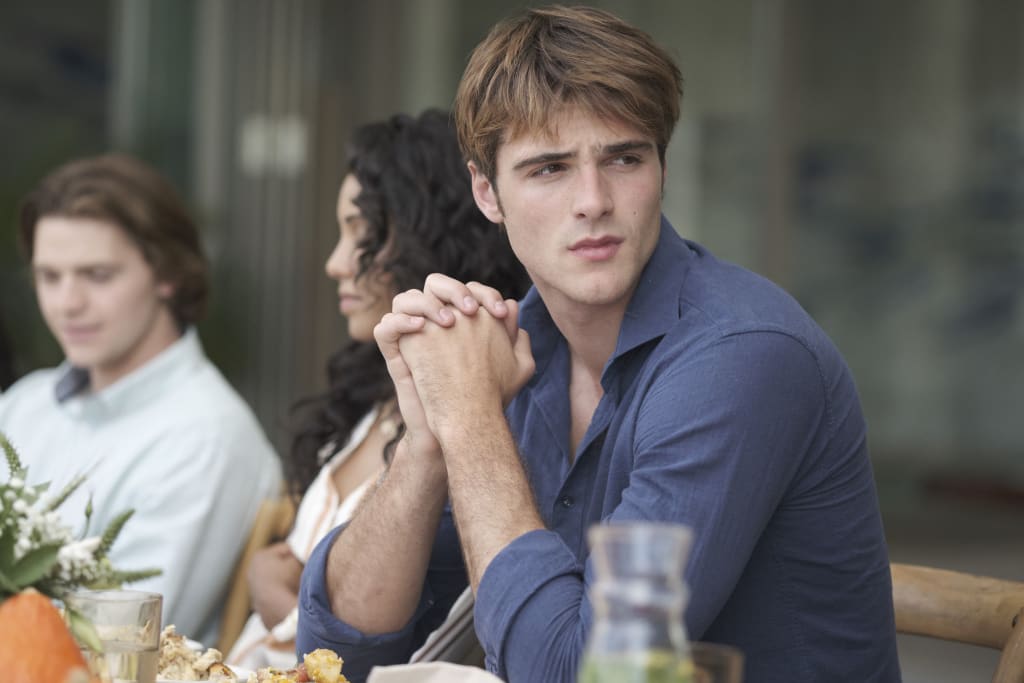
The Kissing Booth 2 is the sequel to its 2018 predecessor, The Kissing Booth. The rom-com is based on Beth Reekles’ Wattpad story-turned-book of the same name. Neither of the films has been praised much by critics, but their popularity on Netflix has earned them top spots in the streamer’s viewership rankings.
The sequel sees Elle and Noah attempt a long-distance relationship while Noah is away at Harvard. Meanwhile, Elle finds her friendship with Lee being tested as his girlfriend becomes irritated by the amount of time he spends with Elle. Furthermore, Elle is participating in a major dance competition with new student Marco. With so much going on, the sequel manages to get a few things right, but other aspects let the film down.
10. BETTER: LGBTQ+ Storyline
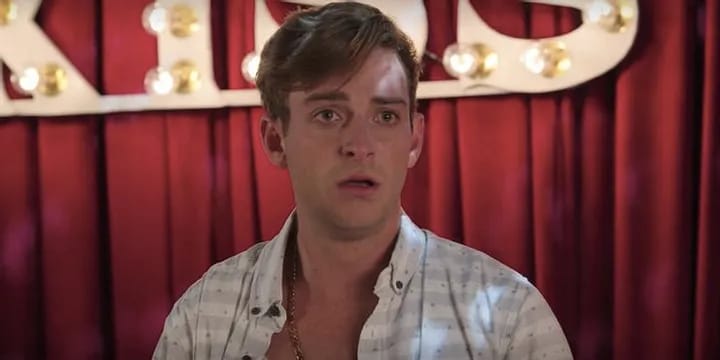
The sequel tries to be more progressive and inclusive than its predecessor, which is admirable, given that this is a popular franchise with a sizeable viewership. Ollie and Miles’ relationship expands on the heteronormative relationships that have so far taken the spotlight in The Kissing Booth films.
Introducing more diverse characters and relationships is a warranted attempt at representation in a story that will reach a broad audience, and featuring a gay couple, as well as some more culturally diverse characters, is a great first step — but perhaps a little behind the times.
9. WORSE: LGBTQ+ Storyline
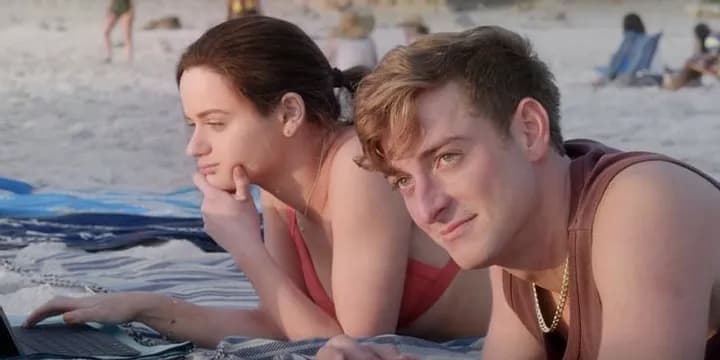
While including a gay relationship is reasonably progressive, the way it’s presented to viewers is not doing the film any favors. The characters share only a few scenes in the overly long film, which tiptoes around the relationship for the first hour and a half.
Furthermore, Elle compares her own experience with Noah to Ollie’s fear of coming out, saying that she “knows all about” fearing what other people will think of her relationship. Needless to say, the two situations are completely different. The film repeatedly uses Ollie and Miles to push Elle to action, thus taking the focus away from the marginalized group.
8. BETTER: Elle And Noah’s Relationship
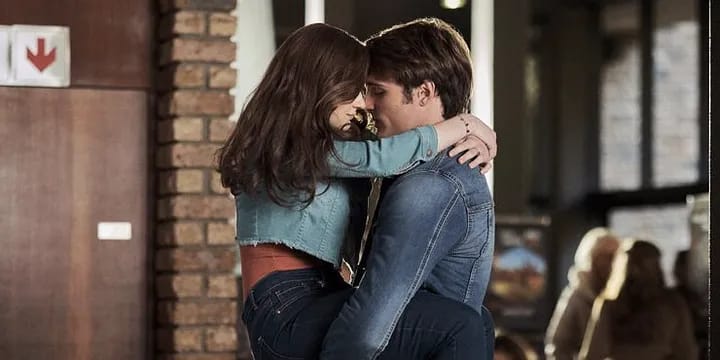
The first film introduced Elle and Noah’s relationship, but it didn’t have much depth to it; it was based almost entirely on their physical attraction to one another and a shallow flirtation.
The sequel delves deeper and introduces a few obstacles that test their bond. The characters also have a chance to be apart and reflect on their feelings for one another and what they actually like about each other. By the end of the film, after overcoming their struggles, the couple now seems to have something that holds them together.
7. WORSE: Jealousy
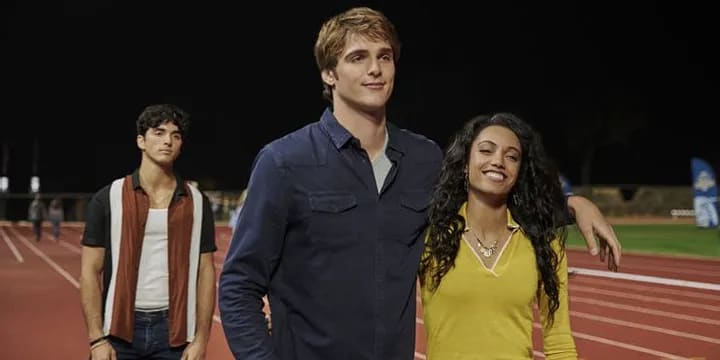
Not only is this plotline derivative and predictable, but it’s overwrought. Elle becomes jealous of Chloe, even though her assumptions are based on uncertain evidence and her own leaps to false conclusions. Furthermore, she’s going behind Noah’s back with Marco, so her jealousy is unjustified.
As if one jealousy plotline isn’t enough, the film also presents viewers with a second one: Rachel is jealous of Elle for spending time with her boyfriend, even though they’ve been best friends for life. She asks Lee to essentially give up his friendship to be with her, an unfair request.
6. BETTER: Stakes
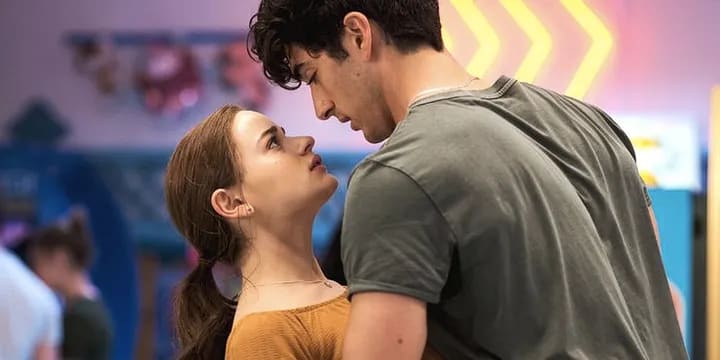
Though the film has arguably too much going on, the stakes are higher than in the first installment. For the most part, this works in the story’s favor, even if the plot isn’t’ entirely believable.
In the first film, the worst that could happen was that Lee would discover Elle and Noah’s relationship — which he does, but it doesn’t turn out to be a big deal anyway. In the sequel, Elle is faced with deciding which college to go to, as well as losing Noah.
5. WORSE: Turning Women Against Each Other
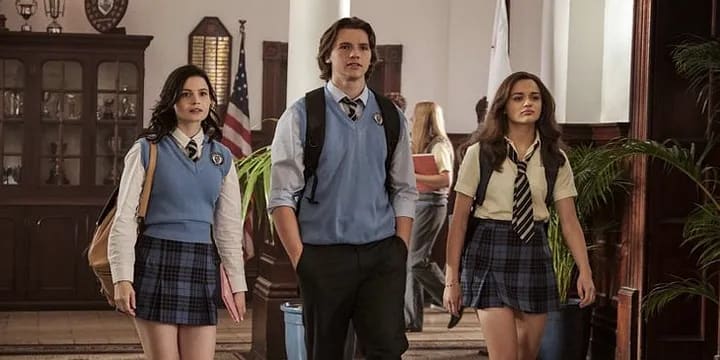
One unnecessary pattern in this series is women turning on women. The central relationships are all male-female, and while it’s great to see a male-female friendship, it would be great to see some diversity. Instead, the sequel introduces another male-female friendship in Noah and Chloe.
The audience also witnesses Rachel turn on Elle, and Elle turn on Chloe — in both cases, the rivalry is unjustified and unnecessary. Hopefully, the third film will rectify this mistake and show the women becoming friends.
4. BETTER: Character Development
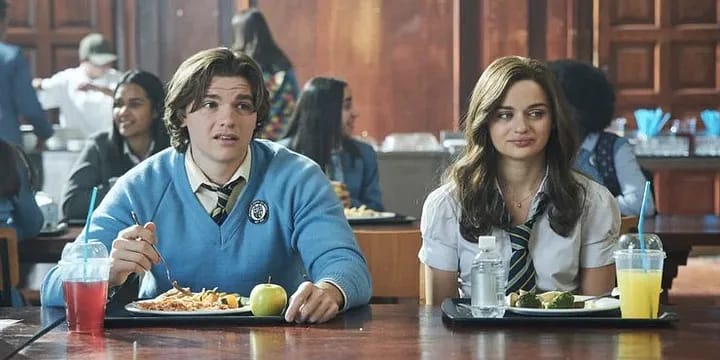
The struggles Elle, Lee, and Noah face in the sequel give them the opportunity to grow far more than anything does in the first film. Elle has more responsibility now that she has to think about her future and what this means for the people around her.
Meanwhile, Lee is faced with a similar decision that Elle has to make in the first film, while both Elle and Noah struggle with their long-distance relationship.
3. WORSE: Elle’s Family
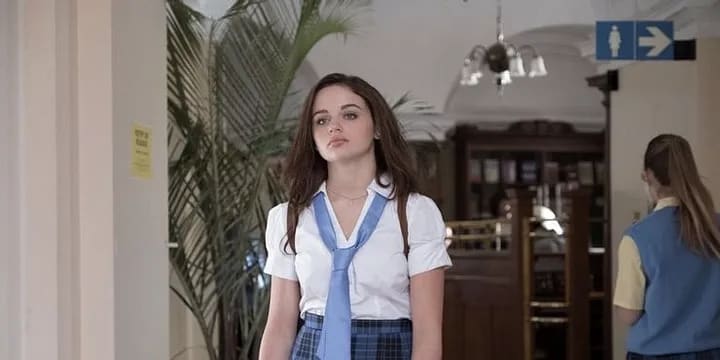
Elle’s family barely appears in the sequel, and when they do, they don’t have much effect on her. Realistically, Elle would turn to her father for advice, especially when it comes to which college she should attend.
Instead, her father and brother are only present for a few minutes of screen time in which they barely speak. The Flynn family is also limited in screentime, with Molly Ringwald being present in only a handful of scenes and very much as a sidepiece. With all of the struggles the young characters are facing in this film, they could definitely turn to their parents for support.
2. BETTER: More Mature
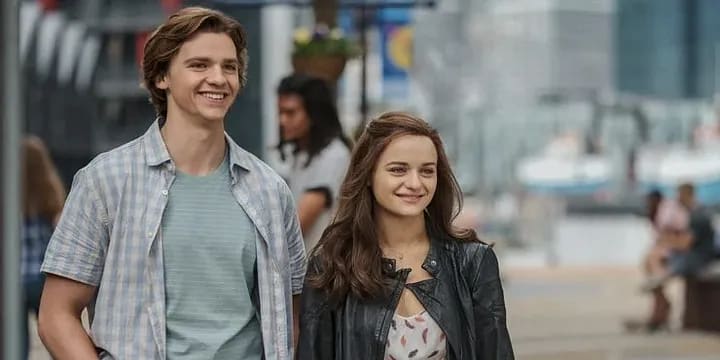
Though this follow-up to Elle’s story doesn’t hold back on the slapstick humor, for the most part, this film is more mature than the first. Not only are the characters older, but they’re dealing with problems pertinent to their development.
They’re forced to truly consider who they want to be as they grow older and approach adulthood, as well as confront where their futures will take them. This film’s themes are appropriately more mature, along with its characters and its fans.
1. WORSE: Too Much Going On
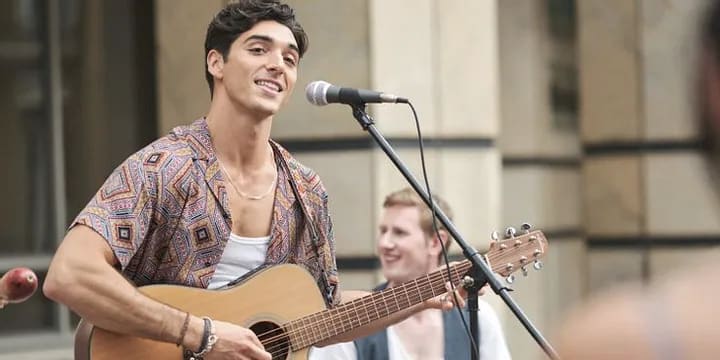
The film seems to be juggling too many storylines, some of which aren’t necessary. The central idea — being the kissing booth — is almost forgotten among everything else that’s going on, and the booth itself isn’t as important as it is in the first film.
The concept of the long-distance relationship could have been enough to carry the film through, had this plot been developed further. Characters could have leaned on their respective family members to further flesh out this plot, instead of complicating it too much with potential new love interests that only inspire jealousy and mistrust.
[Originally shared via ScreenRant.]
About the Creator
Svetlana Sterlin
Svetlana Sterlin is based in Brisbane, Australia, where she writes prose, poetry, and screenplays. The founding editor of swim meet lit mag, she also edits with Voiceworks.
More from Svetlana: https://linktr.ee/svetlanasterlin


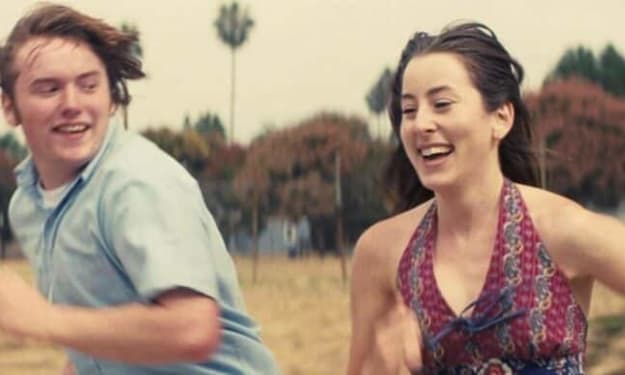



Comments
There are no comments for this story
Be the first to respond and start the conversation.